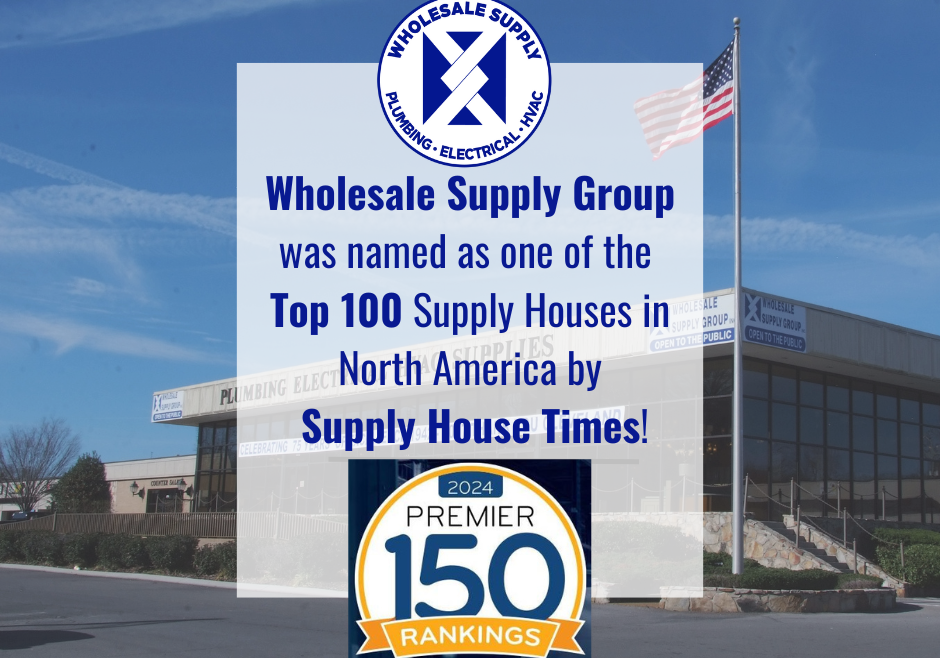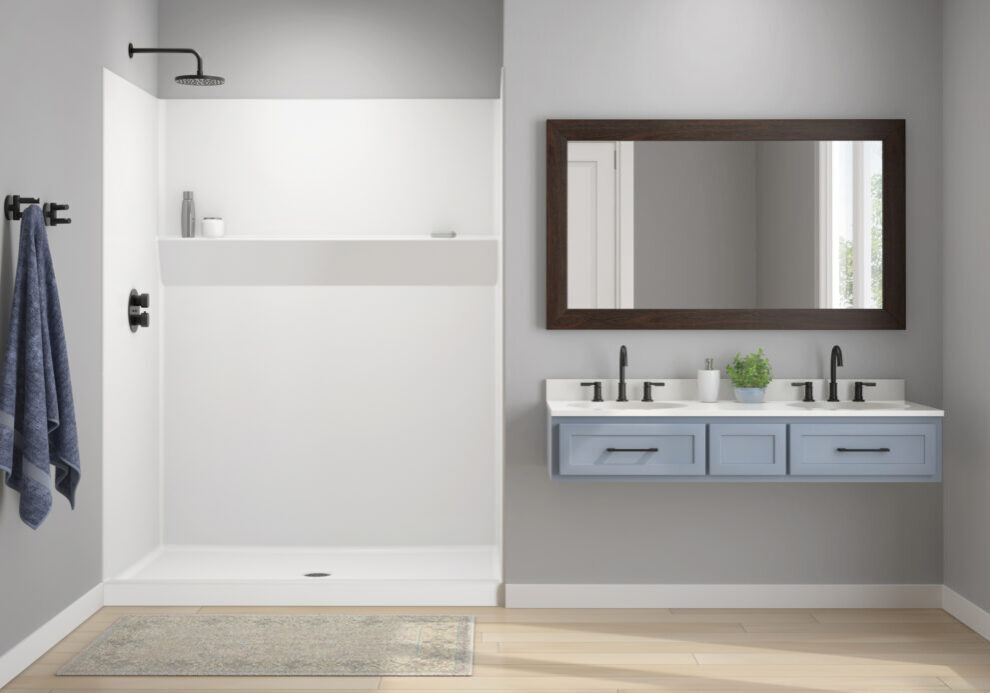How to Select an HVAC System
If you are thinking about getting a new system for your residence, first speak with your designer or architect. Conversations with an HVAC contractor will likely follow, even though you or the designer might also need to talk to a heating engineer in case your project has unusual demands.
Discuss in depth precisely what your needs are. If the budget is tight, you will have to identify essentials. If it is possible to think more broadly, give consideration to the extra comfort of, let’s say, radiant floor heating. If you aren’t satisfied with your existing system or you’d like to add a filtration or humidification system, obtain bids for these expenses. In the majority of cases, extending your current system or installing a smaller area heater is going to be the most cost-effective solution.
Other considerations
The AC Option
If local temperatures seldom increase above 85℉, you likely do not need central AC. On the flip side, central air is usually regarded by real estate agents as a valuable selling point; therefore, if there is a chance you will be transferred to another area or will potentially place your house up for sale in the near future, central AC might be an excellent investment. Top-of-the-market homes receive top-of-the-market prices, as they have all of the bells and whistles. For those who have asthma and other types of allergy issues, central air with its capability of filtering and “conditioning” household air also can offer health benefits.
Avoid Oversize Systems
An overabundance of heating capacity makes a system less efficient. It’ll cause the system to frequently cycle off and on, which produces excessive wear and tear on its components. The system might never get to its peak operating temperatures.
To ensure a system is appropriate for your home, ask a heating engineer, your HVAC contractor, or whoever designed it to guide you through the calculation. The procedure involves determining what the heating load is. The system’s capacity shouldn’t be any more than 25% higher than the calculated heating load.
Wholesale Supply Group is the leading supplier of HVAC, electrical, and plumbing supplies.
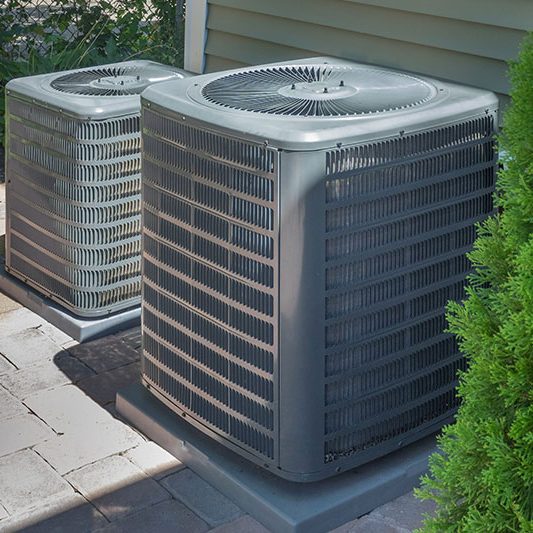
Related News
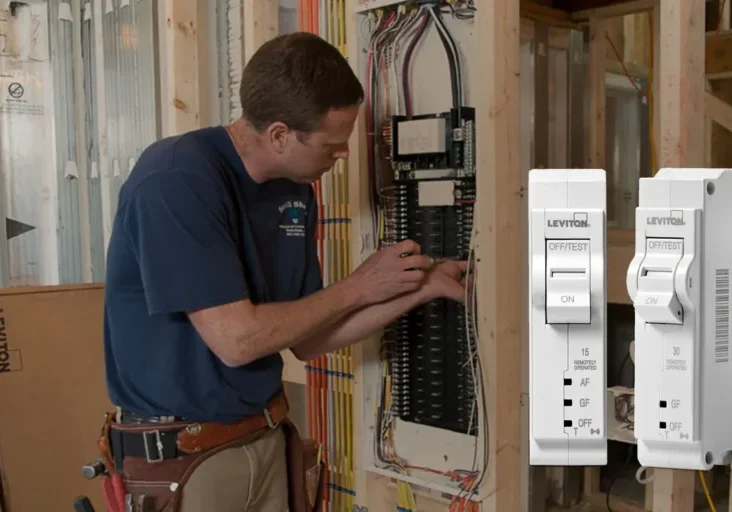
The Future of Home Power Distribution: Leviton Smart Load Centers
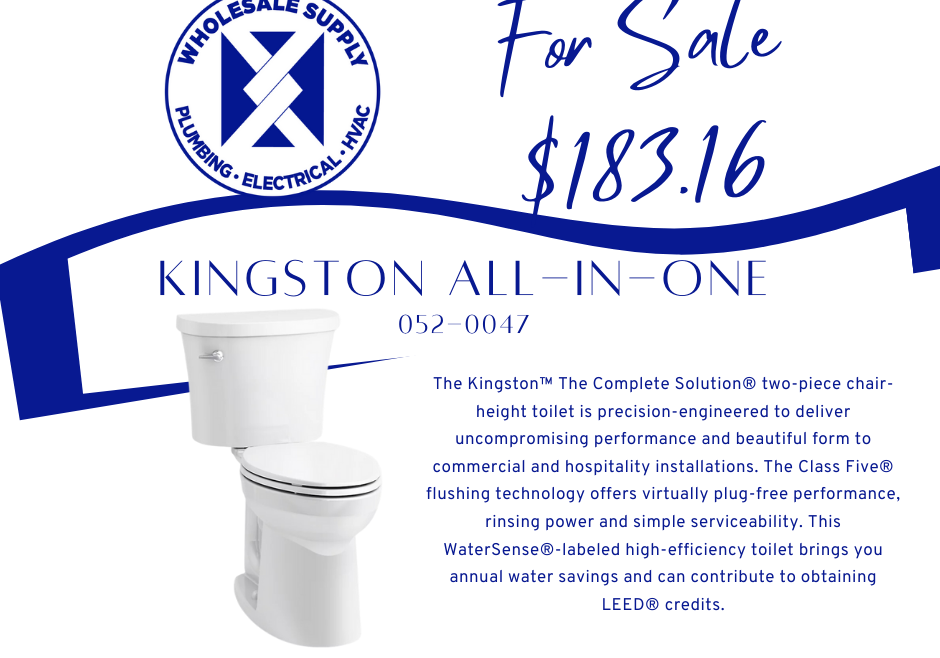
Kingston™ All-In-One Toilet: A Perfect Blend of Performance and Style
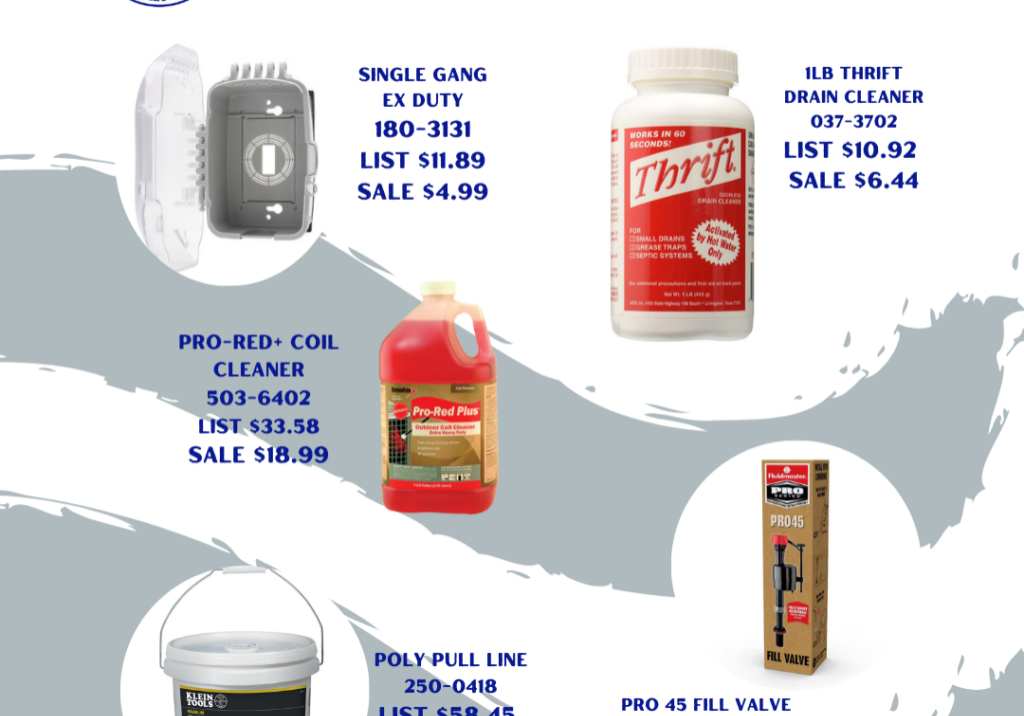
Get Ready for Our Back to School Promo at Wholesale Supply!
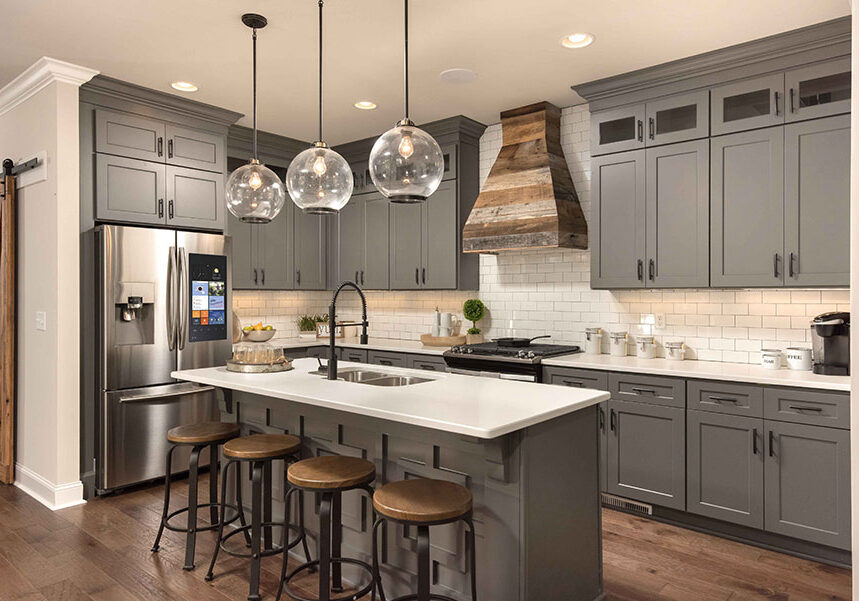
The Ultimate Guide to Picking the Right Lighting for Your Home
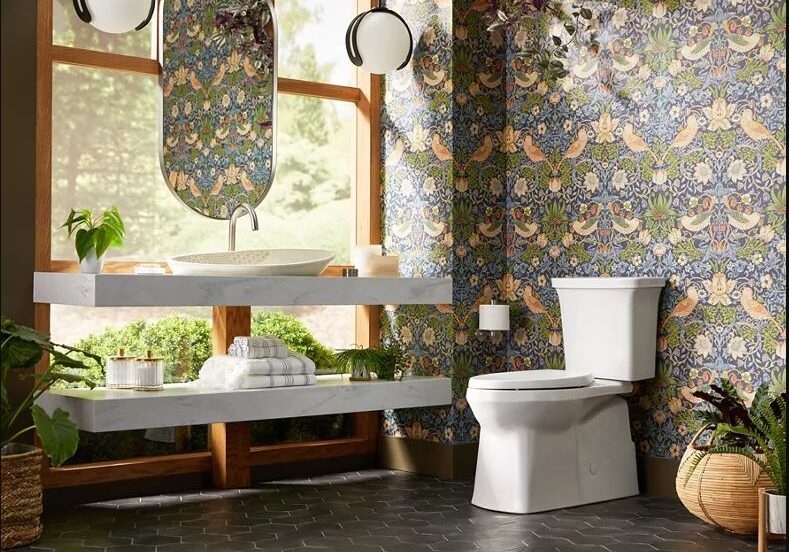
Kohler Toilets: Where Style Meets Functionality
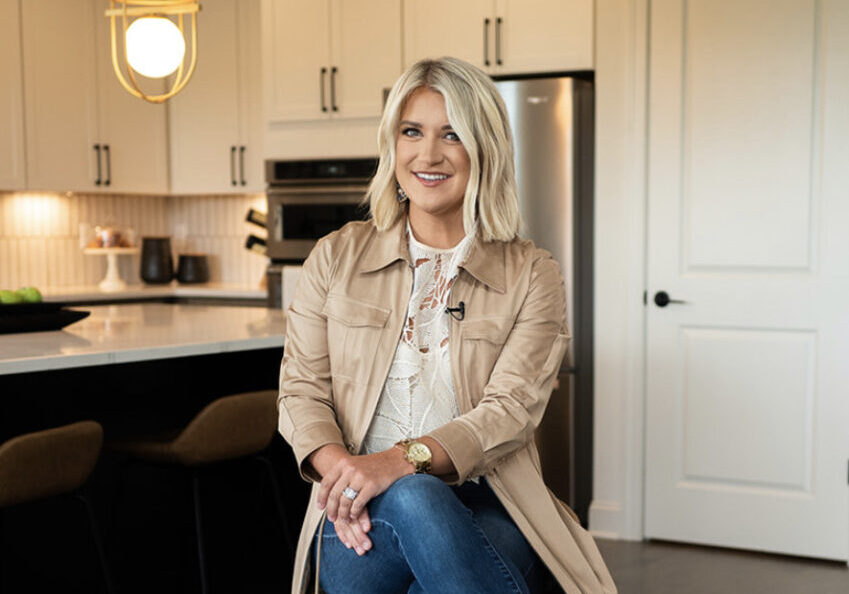
Piper’s Picks: A Curated Lighting Collection by Wholesale Supply Group and Progress Lighting
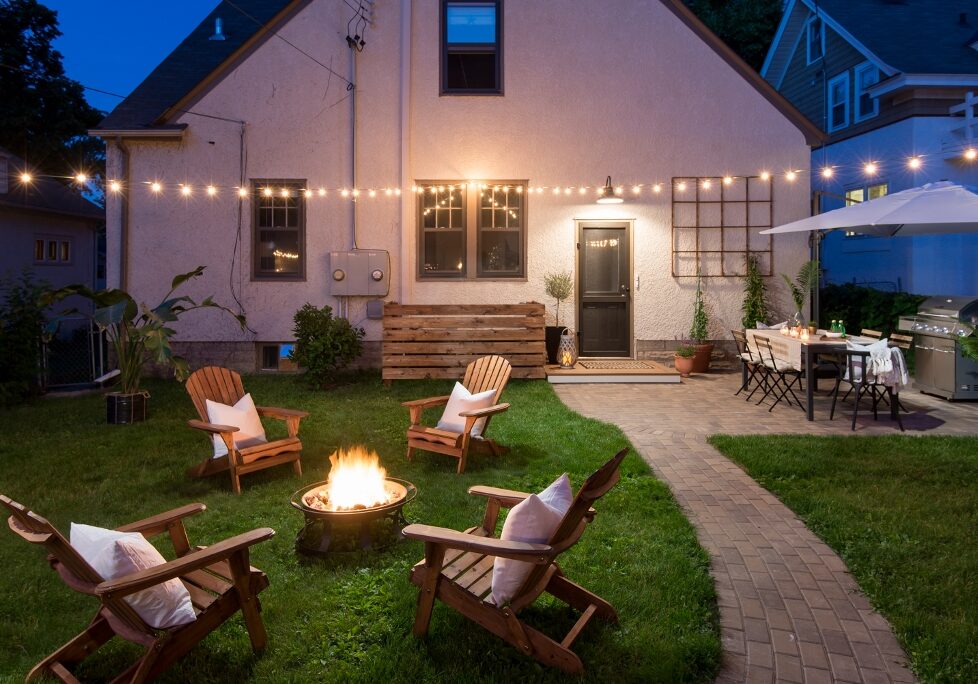
Transform Your Home This Summer: A Comprehensive Guide to Plumbing, Electrical, and HVAC Projects
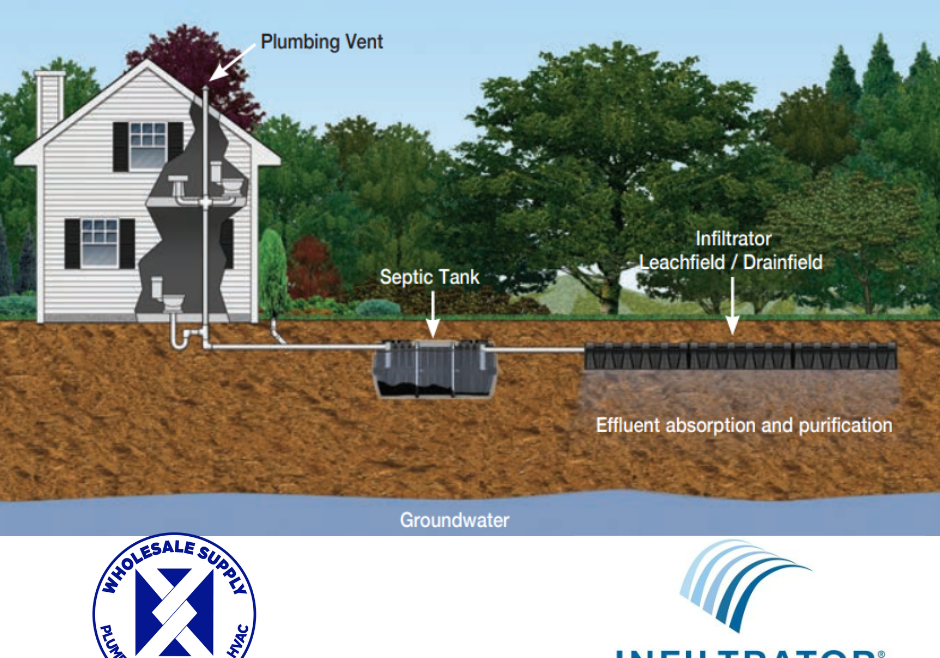
Infiltrating the Future of Wastewater Management: The Infiltrator Solution
